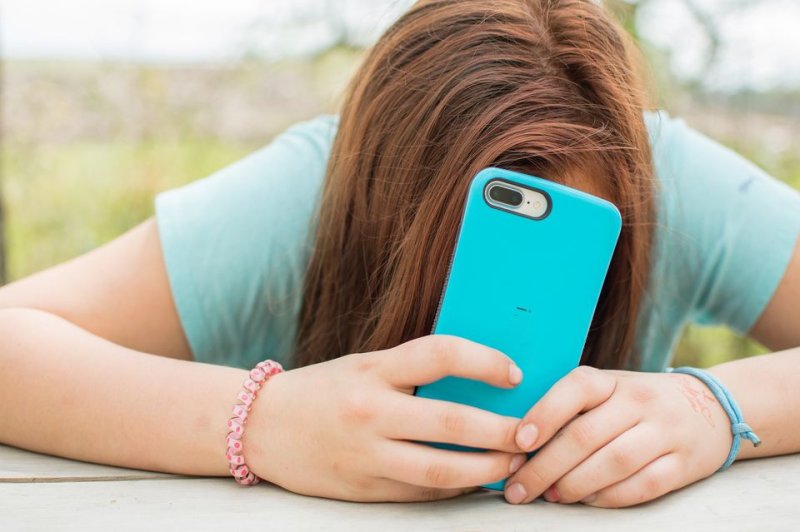A recent study published on Friday discovered that individuals who experience adverse effects on their mental health due to their use of social media can find greater benefits from cognitive behavioral therapy interventions rather than just reducing or quitting social media. The study’s findings highlight the importance of implementing effective interventions to combat the negative impact of social media. The results of this study provide valuable insights for improving mental well-being in an increasingly connected world.
LONDON, Aug. 11 (UPI) — A British study published in the Journal of Medical Internet Research revealed that individuals struggling with depression, anxiety, stress, and loneliness as a result of their relationship with social media can experience significant improvements through interventions such as cognitive behavioral therapy. The study, conducted by researchers from University College London, analyzed 23 studies conducted between 2004 and 2022 worldwide. Nearly 40% of those who found their social media use problematic reported improved mental well-being after receiving interventions.
According to previous research, problematic social media use occurs when an individual’s preoccupation with social media interferes with their daily life, leading to neglect of responsibilities, depression, anxiety, stress, and loneliness. The government-funded study highlighted the effectiveness of intervention, particularly in alleviating low mood. In fact, 70% of the studies indicated a significant reduction in depression following therapy-based interventions, surpassing the results of restricting or quitting social media.
Dr. Ruth Plackett, the lead author of the study from UCL’s Institute of Epidemiology and Health, emphasized that reducing social media usage alone is unlikely to benefit mental well-being. Instead, a comprehensive therapy-based approach focusing on understanding and managing social media behaviors is recommended to improve mental health. With approximately 4.59 billion social media users worldwide, it is crucial for health practitioners and policymakers to recognize the impact of social media on mental health and develop appropriate treatment guidelines and interventions.
The study’s authors acknowledge the need for further research with representative samples to identify individuals who would benefit the most from interventions aimed at managing problematic social media use. This study, funded by the National Institute for Health and Care Research Research School’s Mental Health Program, serves as a starting point in addressing the growing issue of social media’s impact on mental well-being.
Denial of responsibility! VigourTimes is an automatic aggregator of Global media. In each content, the hyperlink to the primary source is specified. All trademarks belong to their rightful owners, and all materials to their authors. For any complaint, please reach us at – [email protected]. We will take necessary action within 24 hours.



